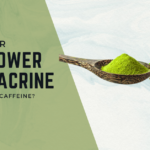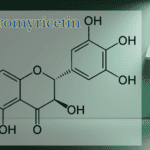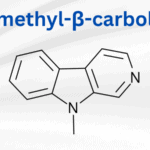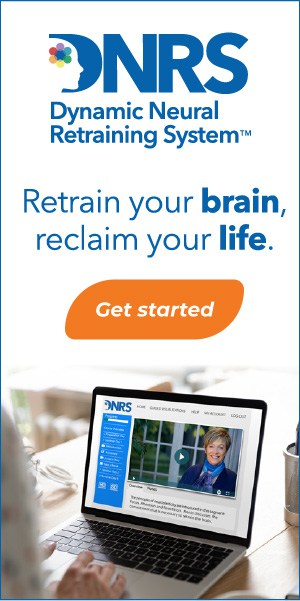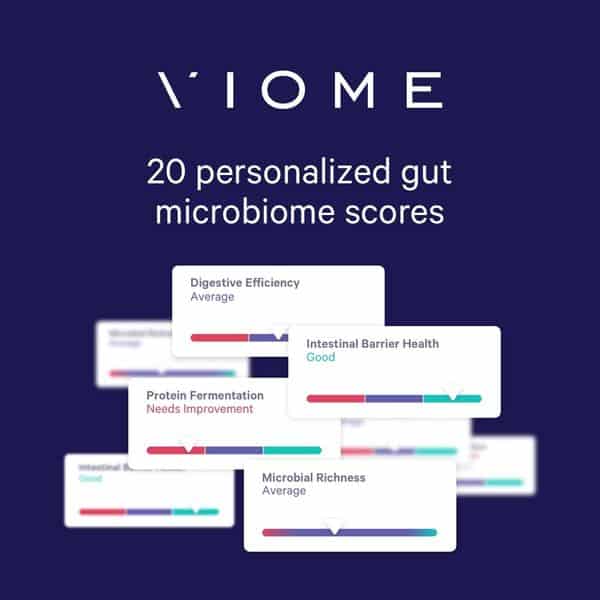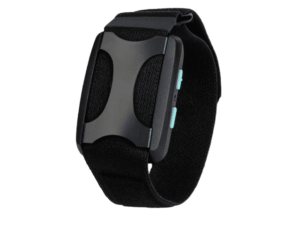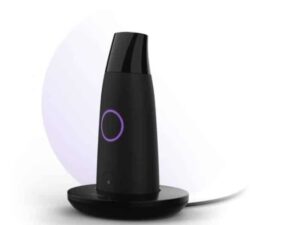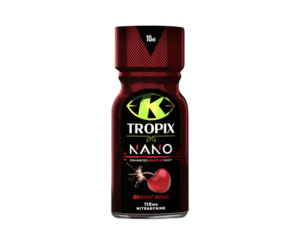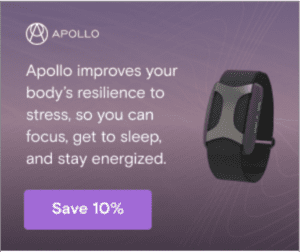Unlocking the Potent Nootropic Powers of Reishi Mushroom
In the realm of natural nootropics, few substances have garnered as much intrigue and reverence as the revered Reishi mushroom. Celebrated for its myriad therapeutic properties and deeply rooted in ancient Eastern traditions, this adaptogenic fungi has steadily gained prominence in the modern wellness landscape. As a passionate advocate for an integrative, holistic approach to cognitive enhancement, I find the Reishi mushroom’s multifaceted potential truly captivating.
At Holistic Nootropics, our mission is to demystify the intricate world of nootropics, making it accessible and engaging through expert insights, real-world applications, and the latest scientific research. By fostering a community centered on comprehensive mind-body wellness, we aim to empower individuals on their journey toward optimal cognitive performance and mental well-being.
Join me as we embark on an in-depth exploration of the Reishi mushroom, unraveling its storied history, uncovering its potential nootropic benefits, and delving into the scientific discourse surrounding this ancient panacea. Brace yourself for a captivating narrative that interweaves traditional wisdom with cutting-edge research, inspiring you to embrace a holistic approach to cognitive enhancement.
Biohack Your Brainpower
A Time-Honored Tradition: The Origins of Reishi Mushroom
Scientifically known as Ganoderma lucidum, the Reishi mushroom has been revered in traditional Chinese medicine for over 2,000 years. Its distinctive reddish-brown cap, adorned with a varnished sheen, has earned it monikers like “the mushroom of immortality” and “the divine fungus.” Believed to possess mystical properties, the Reishi was once a privilege reserved for nobility and spiritual seekers.
Historical Reverence and Lore
Chi Zhi (Ganoderma rubra) is bitter and balanced. It mainly treats binding in the chest, boosts the heart qi, supplements the center, sharpens the wits, and [causes people] not to forget [i.e., improves the memory]. Protracted taking may make the body light, prevent senility, and prolong life so as to make one an immortal. Its other name is Dan Zhi (Cinnabar Ganoderma). It grows in mountains and valleys.
The Divine Farmer’s Materia Medica: A Translation of the Shen Nong Ben Cao Jing, Yang Shouzhong, Blue Poppy Press, 1998.
This ancient text, dating back to 200-250 CE, vividly captures the reverence accorded to the Reishi, extolling its purported virtues in treating respiratory ailments, sharpening cognitive faculties, and even bestowing longevity. Such lofty claims fueled the mushroom’s mythical status, solidifying its place in the pantheon of traditional Chinese herbalism.
Unraveling the Potential Nootropic Benefits of Reishi Mushroom
While the historical lore surrounding the Reishi mushroom is undoubtedly captivating, modern science has shed light on its potential therapeutic applications, particularly in the realm of cognitive enhancement. Let’s delve into the purported nootropic benefits of this remarkable fungi, as supported by scientific research and anecdotal evidence.
Immune System Modulation
One of the most well-documented properties of the Reishi mushroom is its ability to modulate immune function. Numerous studies have explored its immunomodulatory effects, attributing them to the presence of bioactive compounds like polysaccharides and triterpenes.
- A 2015 Cochrane review, while cautioning the need for further research, suggested that Reishi mushroom could potentially “enhance tumor response and stimulating host immunity” when used as an adjunct to conventional cancer treatment.
- Animal studies have demonstrated that Reishi polysaccharides can stimulate the production of immune cells like lymphocytes and macrophages, thereby enhancing the body’s defense mechanisms.
While the precise mechanisms are still under investigation, the potential of Reishi mushroom in supporting immune function is undeniably intriguing, particularly for individuals seeking a holistic approach to overall well-being.
Cognitive Enhancement and Neuroprotection
As a dedicated purveyor of nootropic substances, I find the Reishi mushroom’s potential impact on cognitive function particularly compelling. Anecdotal reports and emerging research suggest that this fungi may possess neuroprotective properties and aid in enhancing cognitive performance.
- A study conducted on rats indicated that Reishi extract could potentially mitigate age-related declines in cognitive function by promoting neurogenesis and reducing oxidative stress in the brain.
- Another study on rats found that Reishi extract exhibited potential anxiolytic effects, suggesting its possible role in modulating mood and alleviating anxiety.
While more human trials are needed to substantiate these findings, the emerging evidence hints at the Reishi mushroom’s potential as a natural cognitive enhancer, making it an intriguing subject for further exploration and research.
Anti-Inflammatory and Antioxidant Properties
Chronic inflammation and oxidative stress have been implicated in various health concerns, including cognitive decline and neurodegenerative disorders. Remarkably, the Reishi mushroom has demonstrated potent anti-inflammatory and antioxidant capabilities, further contributing to its potential nootropic effects.
- In vitro studies have revealed that compounds found in Reishi, such as triterpenes and polysaccharides, can inhibit the production of pro-inflammatory cytokines and reduce oxidative stress markers.
- Animal studies have also suggested that Reishi extract may protect against neurodegenerative diseases like Alzheimer’s by reducing oxidative stress and neuroinflammation in the brain.
These findings underscore the Reishi mushroom’s potential as a natural ally in combating the detrimental effects of inflammation and oxidative stress, thereby supporting cognitive function and overall brain health.
Adaptogenic Properties and Stress Management
In the ever-evolving discourse on holistic wellness, the concept of adaptogens has gained significant traction. Adaptogens are natural substances that purportedly help the body adapt to various forms of stress, be it physical, mental, or environmental. Intriguingly, the Reishi mushroom is widely regarded as a potent adaptogen, making it a potential ally in managing stress and promoting overall well-being.
- A randomized, double-blind, placebo-controlled study found that supplementation with Reishi extract significantly improved fatigue, anxiety, and depression levels in participants with neurasthenia, a condition characterized by physical and mental exhaustion.
- Anecdotal reports from Reishi users often cite improved stress resilience, enhanced mood, and a greater sense of overall well-being, potentially attributable to its adaptogenic properties.
As a proponent of a holistic approach to cognitive enhancement, I find the Reishi mushroom’s adaptogenic potential particularly intriguing. By supporting the body’s ability to adapt to stress, this fungi may indirectly contribute to improved cognitive function and overall mental well-being.
Exploring the Nuances: Reishi Mushroom Dosage, Forms, and Considerations
With the myriad potential benefits of the Reishi mushroom, it’s crucial to understand the nuances involved in its supplementation. From dosage recommendations to product quality considerations, let’s delve into the practical aspects of incorporating this powerful fungi into your nootropic regimen.
Dosage Recommendations and Forms
The optimal dosage of Reishi mushroom can vary depending on several factors, including the specific form, potency, and individual needs. Here are some general dosage guidelines:
- Powdered Reishi mushroom: 1-3 grams per day, typically divided into multiple doses.
- Reishi mushroom extract: 500-1,500 milligrams per day, depending on the extract’s potency and concentration.
It’s important to note that Reishi mushroom is available in various forms, including:
- Powdered whole mushroom
- Liquid extracts
- Capsules or tablets (containing powdered mushroom or extract)
Dual Extraction: Unlocking the Full Potential
One crucial aspect to consider when sourcing Reishi mushroom supplements is the extraction method used. Many experts recommend opting for dual-extracted products, which harness the power of both hot water and ethanol extractions.
- Hot water extraction targets the water-soluble polysaccharides, known for their immunomodulatory effects.
- Ethanol extraction captures the alcohol-soluble triterpenes, which are believed to contribute to the mushroom’s nootropic and neuroprotective properties.
I couldn’t tell from your link, but is this a dual-extract (hot water/ethanol) product? The polysaccharides (mostly immune related) in reishi are water soluble while the terpenes (mostly cognitive related) are soluble in alcohol. And if it’s just ground up mushroom that hasn’t been extracted, it’s a crap product.
u/Fusion_Health in discussion ‘Reishi Mushroom Experience – Help?’
By opting for dual-extracted Reishi mushroom supplements, you can potentially maximize the bioavailability and synergistic effects of its diverse array of bioactive compounds.
Quality Considerations and Reputable Sourcing
As with any supplement, the quality of the Reishi mushroom product is paramount. Unfortunately, the supplement industry is largely unregulated, and quality can vary significantly among different brands and products.
- A study published in Scientific Reports evaluated 19 batches of Reishi mushroom supplements purchased in the United States. Alarmingly, only 26.3% of the tested products were found to contain the labeled ingredients.
- To ensure you’re getting a high-quality product, it’s essential to source Reishi mushroom supplements from reputable brands that prioritize transparency, third-party testing, and adherence to industry standards.
It’s worth checking /r/MushroomSupplements/ before buying anything.
u/xdhpv in discussion ‘reishi mushroom supplements’
At Holistic Nootropics, we understand the importance of quality and thoroughly vet our product recommendations to ensure they meet the highest standards. Learn More: Recommended Reishi Mushroom Supplements
Reishi Mushroom: Frequently Asked Questions
As with any supplement, it’s natural to have questions and concerns regarding the use of Reishi mushroom. Let’s address some of the most common queries to help you make an informed decision.


